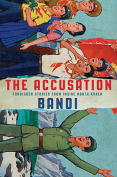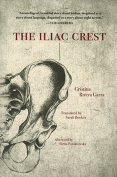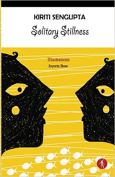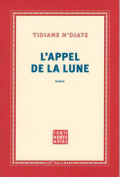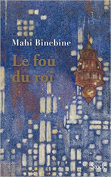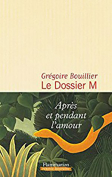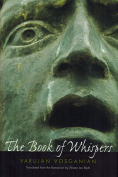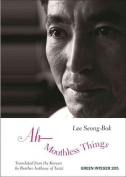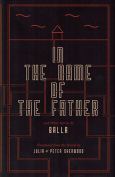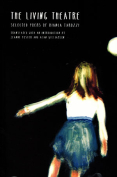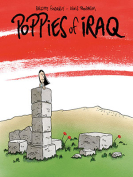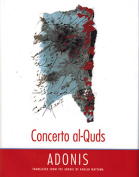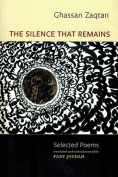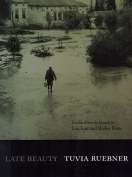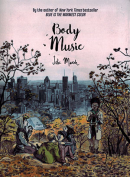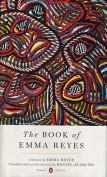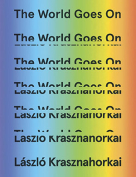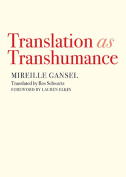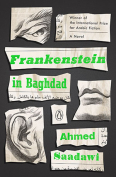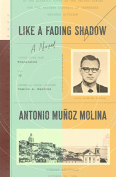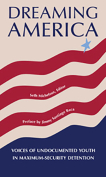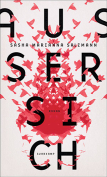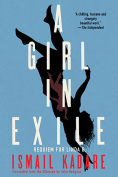Affections by Rodrigo Hasbún
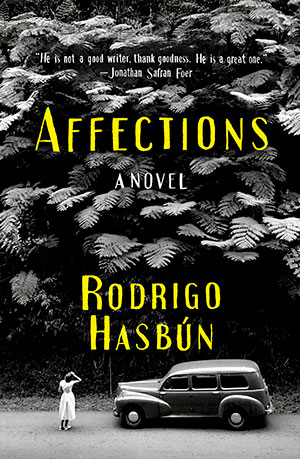 New York. Simon & Schuster. 2017. 132 pages.
New York. Simon & Schuster. 2017. 132 pages.
In this compact and evocative historical novel, a filmmaker flees from the scene of the twentieth century’s greatest crime, only to find his family enmeshed in a deadly struggle on another continent. A skilled cameraman, Hans Ertl was a key member of Leni Riefenstahl’s Nazi propaganda unit, but when World War II ended, he was rendered a pariah in his native Germany. Now Hans, his wife, Aurelia, and their three daughters are trying to start anew in Bolivia.
Affections, Rodrigo Hasbún’s second novel, is told in stylistically varied chapters narrated by a half-dozen characters, several of whom—the Ertls among them—are based on real-life figures. Though the book’s medley of voices begets a couple of jarring transitions, it provides Hasbún with a host of angles from which to examine broad societal shifts and brief, intimate moments in the lives of his ensemble cast.
As the story starts, it’s the mid-1950s and Hans has decided to make a documentary about his search for a fabled Incan paradise. Hans, in Hasbún’s telling, is uncompromising, and his first expedition divides the Ertls into distinct factions. As Monika and Heidi accompany their father on his trek deep into the rain forest, youngest sibling Trixi stays behind and has long talks with the disillusioned Aurelia. “She told me to be suspicious of anyone in too much of a hurry to get where they want to be,” Trixi recalls.
Hasbún is attuned to each of his characters’ motivations and doubts, but Monika, the eldest of the Ertl sisters, proves to be the novel’s principal force. Troubled by the plight of Bolivia’s poor, she opens a shelter and immerses herself in leftist politics. In the mid-1960s, she falls in with a Che Guevara–led guerilla army and becomes a committed revolutionary. When her comrades are felled by government troops, Monika opts for increasingly radical tactics. In spy-thriller fashion, she eventually finds herself standing on a busy avenue, cradling “a small satchel with a Colt Cobra hidden in its false lining.”
A Bolivian writer who lives in Houston, Hasbún has crafted an intriguing tale that ably bridges a pair of indelible historical moments. Lots of novels plumb the intersection of the personal and the political, but few have this kind of intellectual heft and emotional subtlety.
Kevin Canfield
New York


